Everything You Need to Know About Professional Sealcoating
Sealcoating is an essential aspect of asphalt maintenance that prolongs the life of pavement by protecting it from various environmental and chemical damages. Whether it's your home driveway or a commercial parking lot, professional sealcoating adds an extra layer of protection that enhances durability and visual appeal. In this blog post, we delve into the fundamental aspects of professional sealcoating, its benefits, process, frequency, and considerations for selecting a service provider.
The Benefits of Sealcoating
Sealcoating offers numerous advantages, making it a crucial investment for asphalt surfaces. A primary benefit is its protective properties, which shield the underlying pavement from oxidation and chemical spills, such as oil and gasoline, that can cause premature deterioration. The sealant acts as a barrier against ultraviolet rays, preventing the asphalt from drying out and cracking. Furthermore, sealcoating can protect against water penetration, which is a major contributor to potholes and other structural damage.
In addition to its protective benefits, sealcoating improves the visual aesthetics of asphalt surfaces. Over time, asphalt can fade and lose its original dark color, leading to a worn-out and unattractive appearance. Sealcoating restores the rich, black finish of the pavement, providing a fresh, uniform look that significantly boosts curb appeal. For businesses, this can leave a positive impression on customers, while for homeowners, it enhances the overall appearance of the property.
The Sealcoating Process
Understanding the sealcoating process is important for anyone considering this service. The procedure generally begins with a thorough cleaning of the asphalt surface to remove debris, dirt, and any existing oil spots. This ensures proper adhesion of the sealant. Contractors may also repair minor cracks and potholes before applying the sealcoat, as addressing these issues beforehand is crucial for optimal results.
Once the surface is prepared, the sealant is applied. Sealcoating products are typically coal tar-based or asphalt emulsion products, chosen based on factors like climate and traffic conditions. The application can be done using tools like squeegees, brushes, or spray systems, depending on the size and complexity of the surface. Ensuring even coverage is key to achieving a smooth and durable finish. After application, the sealcoat is left to cure. We have found that curing times vary based on weather conditions but generally range from 24 to 48 hours before the surface is ready for use.
How Often to Sealcoat Your Pavement
Determining the frequency of sealcoating largely depends on factors such as traffic volume and local climate conditions. Generally, we recommend sealcoating every two to three years to maintain its protective properties. However, for high-traffic areas, such as commercial parking lots or roadways, more frequent applications may be advisable. Similarly, regions with harsh winters or extreme summers might require more regular maintenance due to increased wear and tear caused by weather conditions.
Regular sealcoating is not just a matter of aesthetics; it's a cost-effective strategy to preserve your pavement. By preventing damage and reducing the need for extensive repairs, property owners can save significant amounts of money over time. In addition, well-maintained asphalt enhances the safety of the surface, reducing the risk of accidents caused by cracks or potholes.
Market Insights: The Growth of the Sealcoating Industry
The sealcoating industry has seen remarkable growth in recent years, driven by increasing infrastructure developments and the need for effective pavement maintenance solutions. According to GlobeNewswire, the global asphalt pavers market experienced substantial growth from $1.92 billion in 2022 to $2.12 billion in 2023. This trend reflects the rising demand for services like sealcoating, which play a vital role in extending the lifespan of asphalt surfaces.
Advancements in sealcoating products and methods have also contributed to the industry's growth. New formulations offer enhanced durability, faster curing times, and greater resistance to environmental stressors. Moreover, the development of environmentally friendly sealants has addressed concerns about the ecological impact of traditional coal tar products, making sealcoating a more sustainable choice.
Choosing the Right Sealcoating Service Provider
When selecting a sealcoating service provider, several factors should be considered to ensure quality and satisfaction. Start by researching local contractors with a strong reputation and extensive experience in the industry. Reading reviews and testimonials from previous clients can provide valuable insights into the reliability and professionalism of a company. It is also important to verify that the contractor uses high-quality products and adheres to industry standards.
Finally, obtaining multiple quotes and comparing services is a good practice to ensure you're getting the best value for your investment. A reputable contractor will provide a detailed estimate that outlines the scope of work, materials, and timeline, helping you make an informed decision.
Professional sealcoating is a valuable service that extends the life of asphalt surfaces, preserves their appearance, and increases property value. By understanding the process, benefits, and market trends, property owners can make informed decisions about their maintenance strategies. As infrastructure continues to grow, investing in sealcoating promises long-term benefits and peace of mind. By selecting a reputable service provider and adhering to regular maintenance schedules, you can ensure that your asphalt remains in excellent condition for years to come.
Ready to protect and enhance your asphalt surfaces? Contact Two Brothers Paving today for professional sealcoating services you can trust. Our experienced team is here to keep your pavement looking great and lasting longer. Call us now for a free estimate!
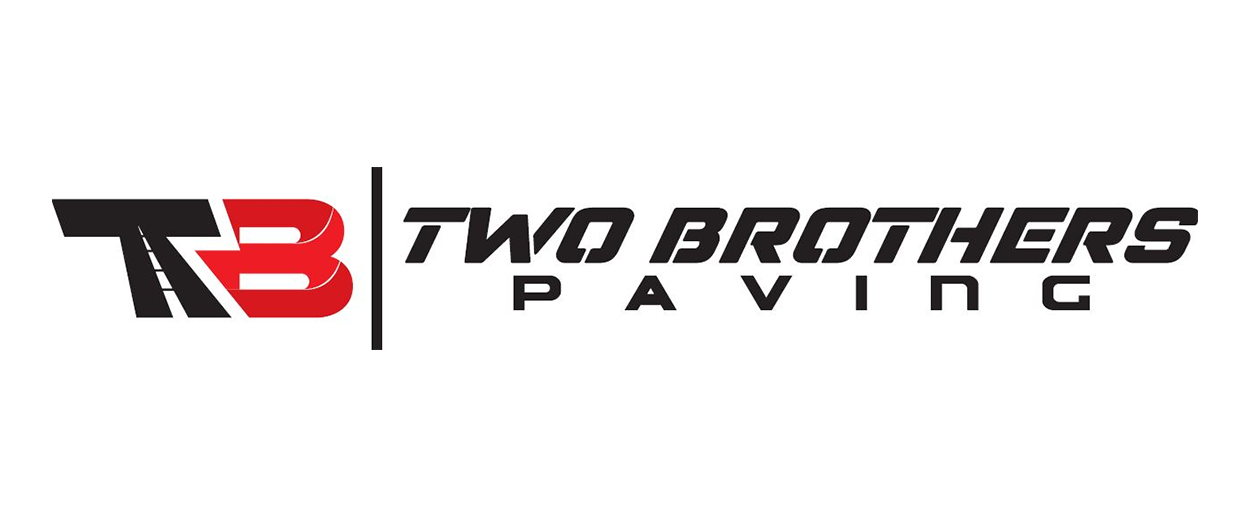
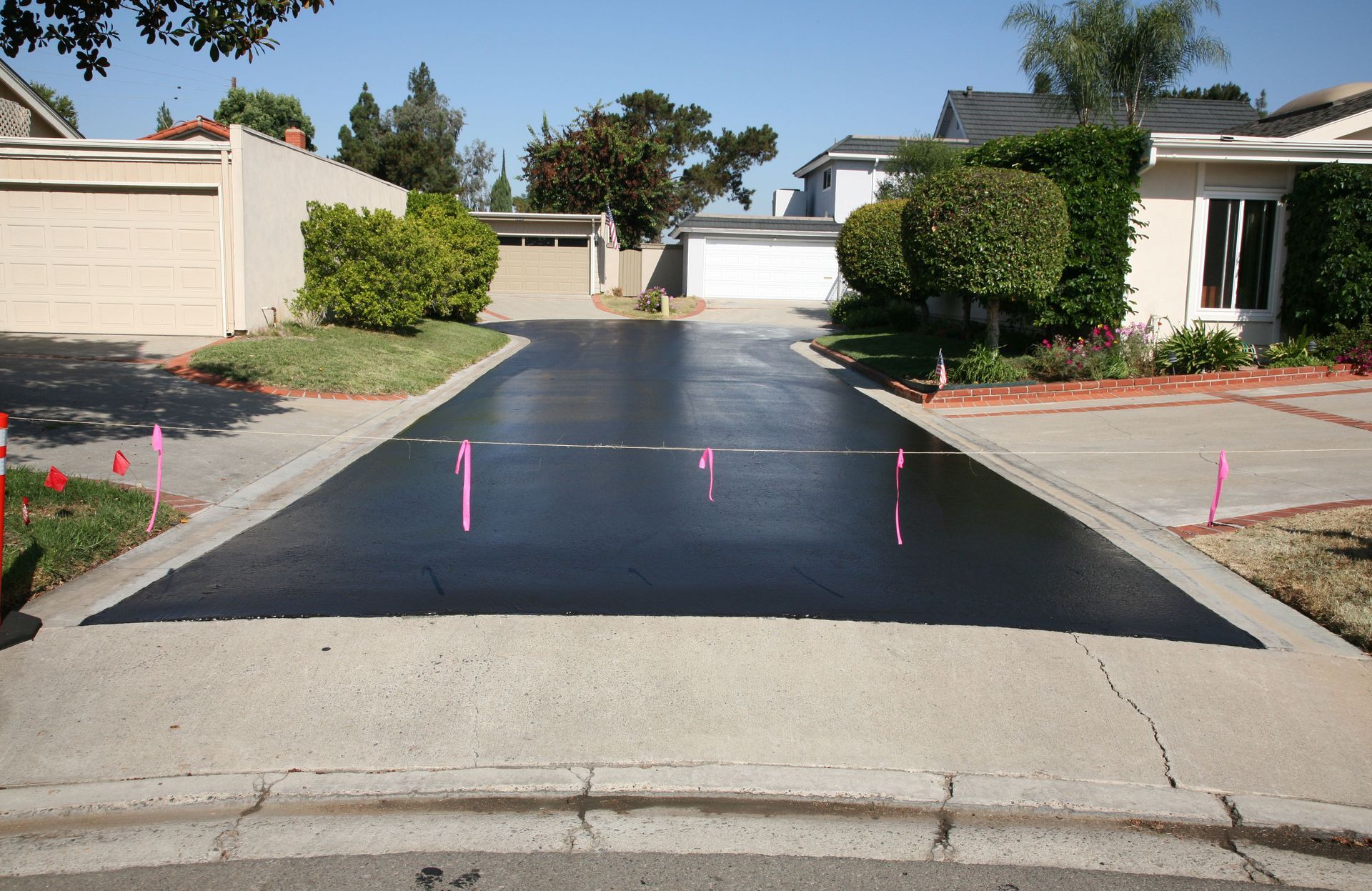
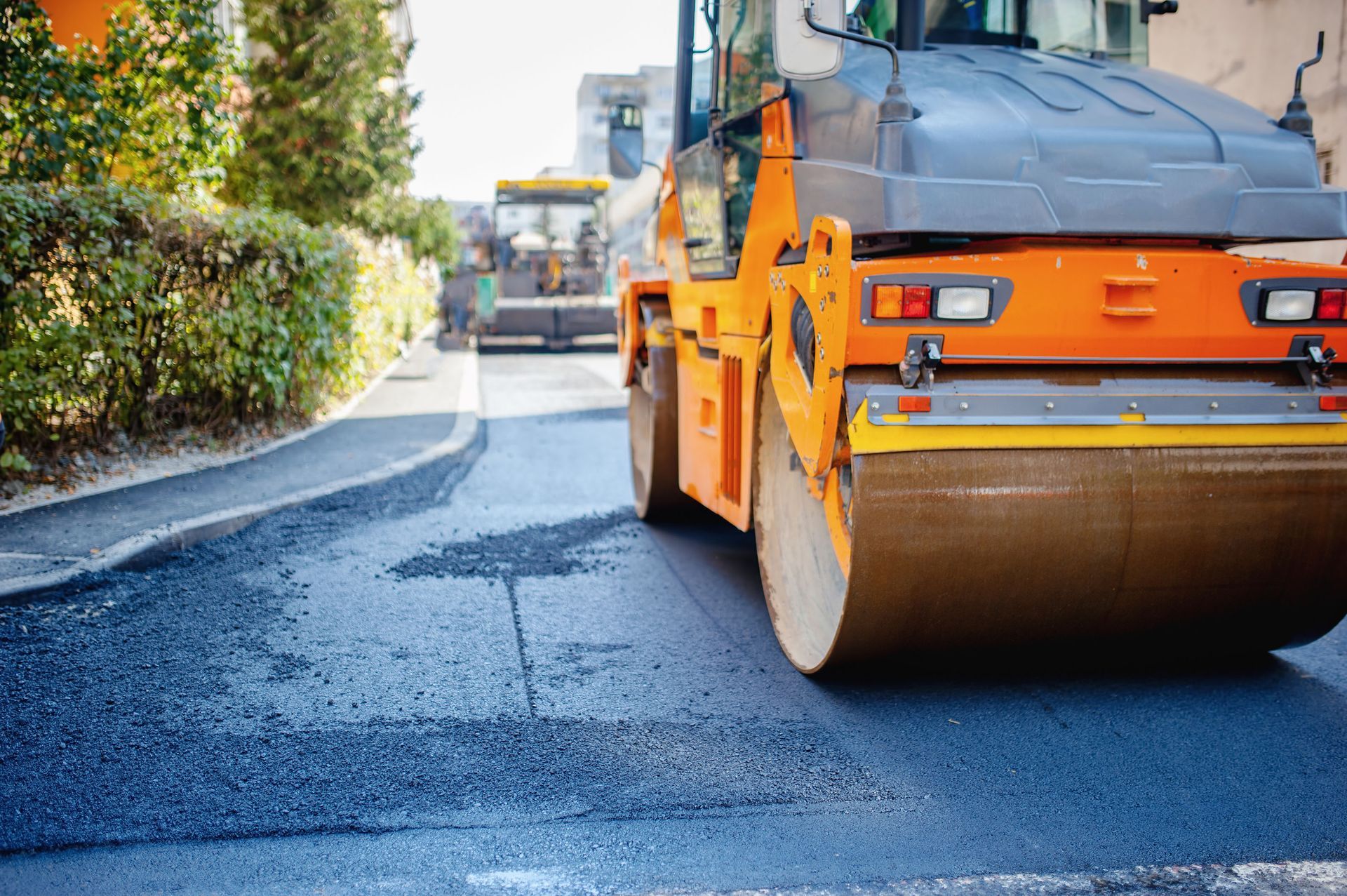
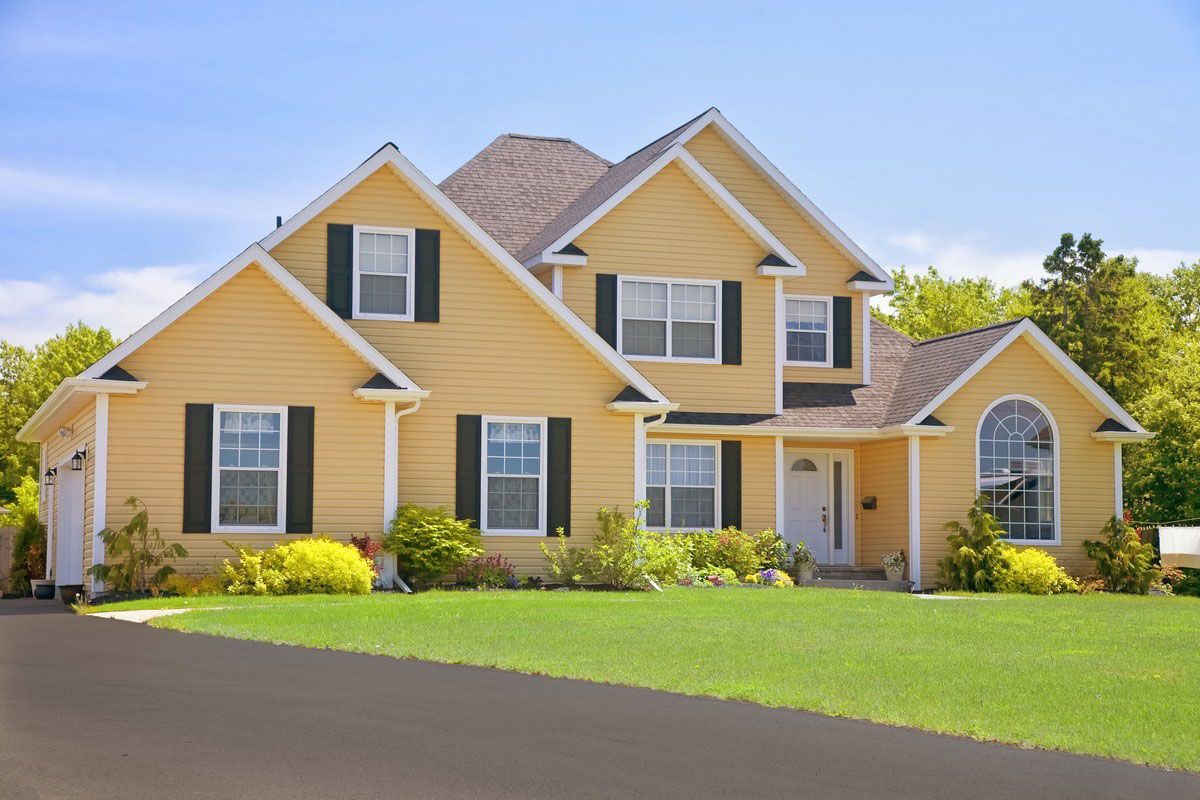
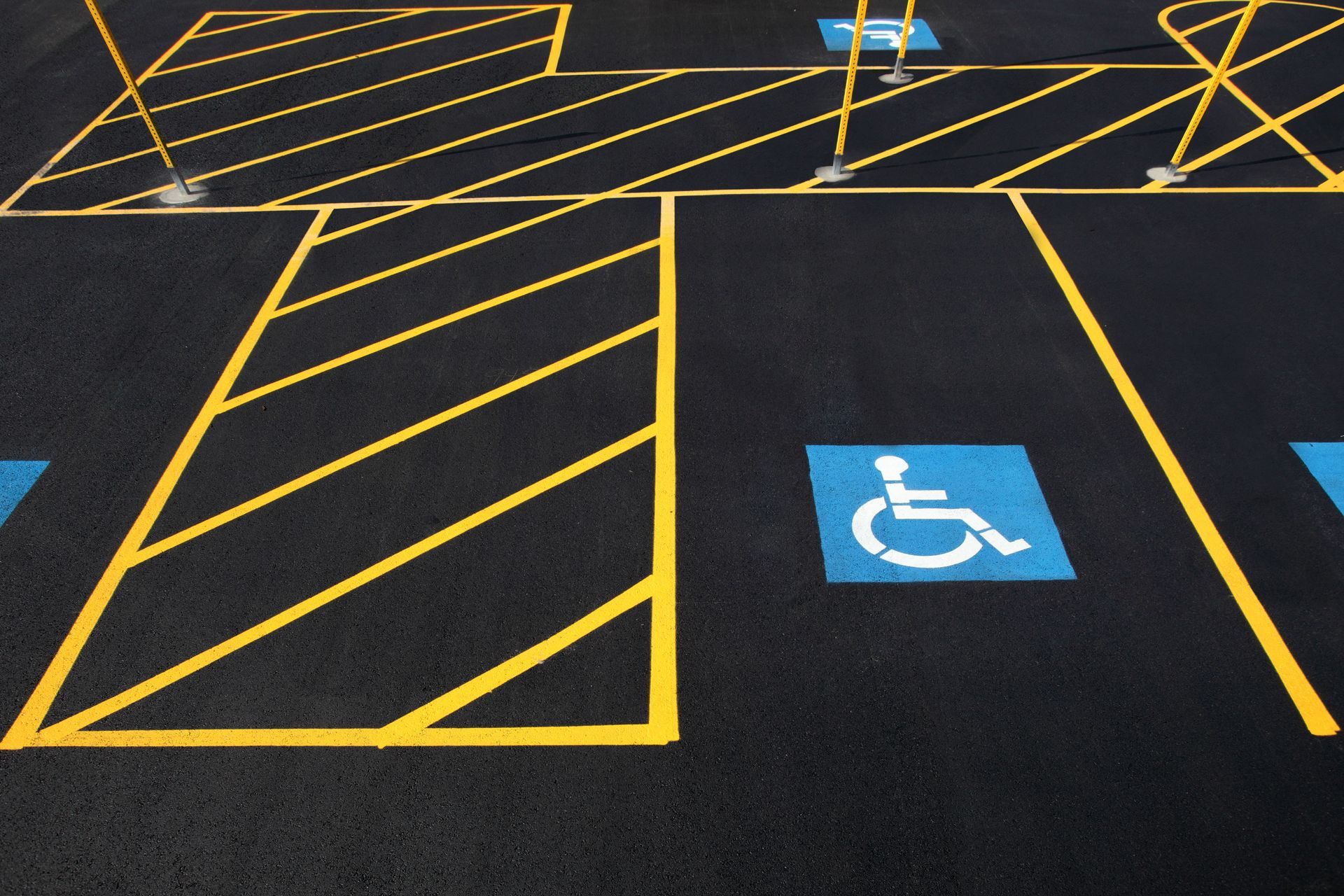
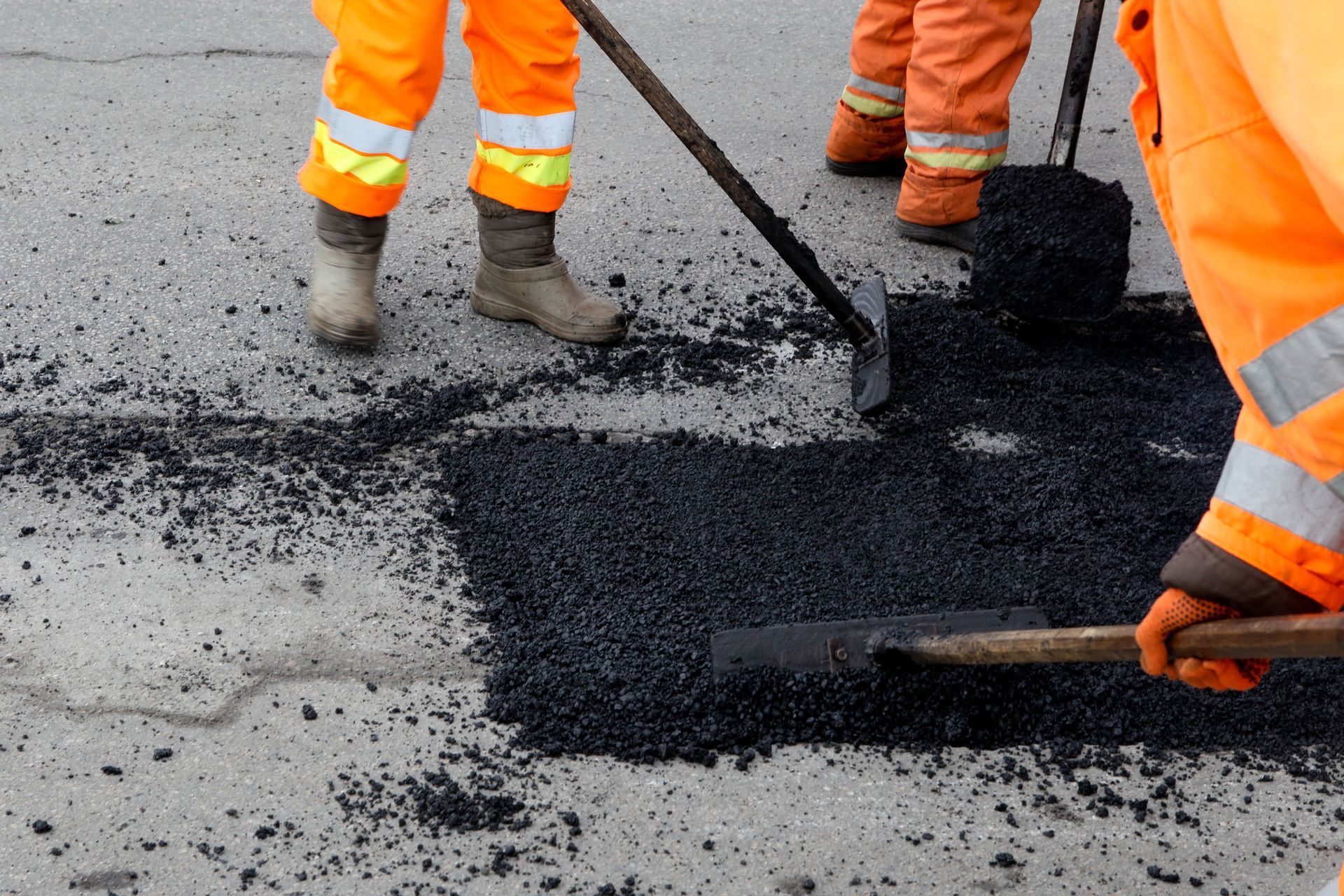
Share On: